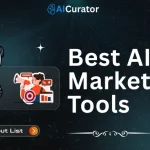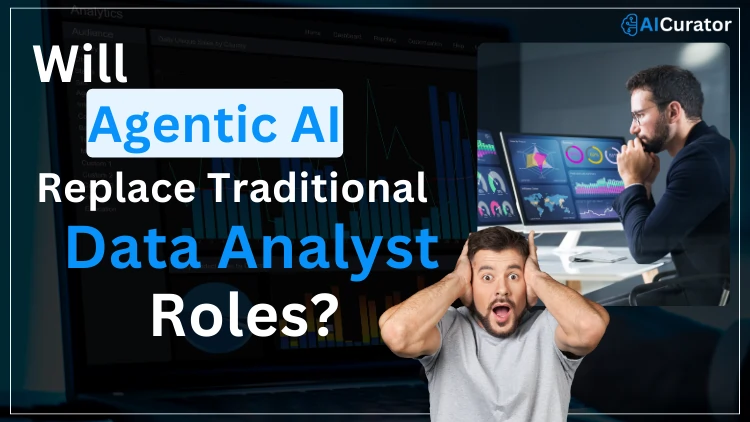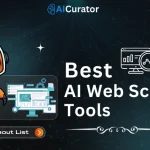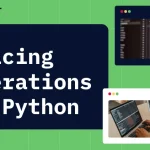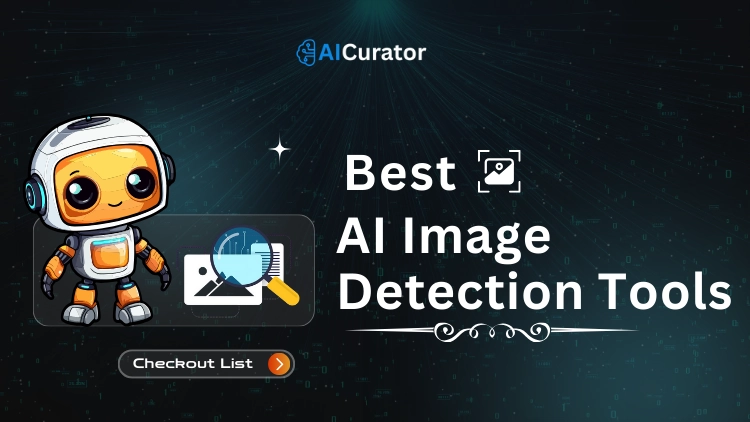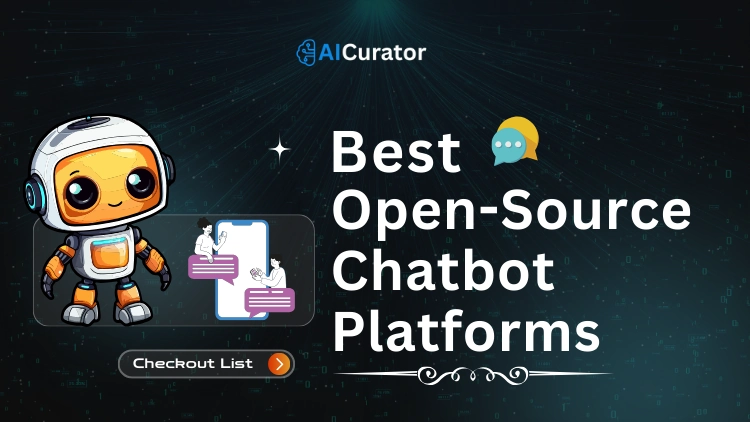The data analytics industry faces its biggest shake-up in decades. Agentic AI has arrived, and everyone's asking the same burning question: are data analyst jobs about to vanish?
Here's the reality check most people aren't getting. Agentic AI won't wipe out data analysts entirely, but it's completely changing what these professionals do every single day. The roles are evolving fast, and understanding this shift could make or break your career trajectory.
This transformation is already happening in companies across the globe, and the professionals who adapt will thrive while others get left behind.
What is Agentic AI in Data Analytics?
Agentic AI refers to artificial intelligence systems that operate autonomously, making decisions and taking actions without constant human oversight. Unlike traditional AI tools that simply respond to commands, agentic systems think, learn, and adapt independently.
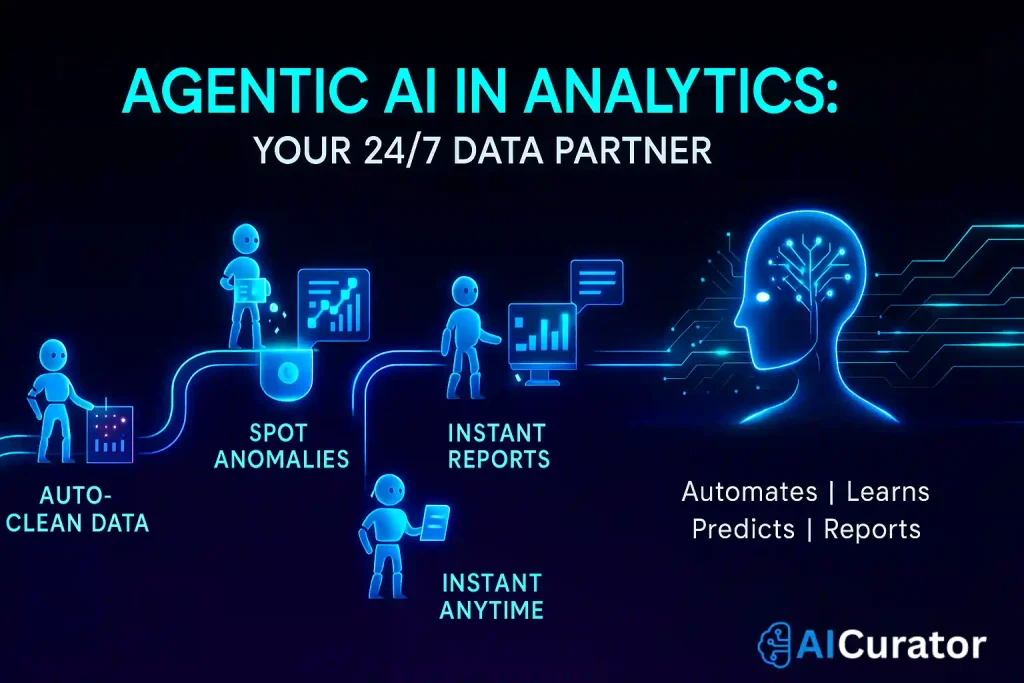
In data analytics, these AI agents can:
Think of agentic AI as a digital colleague that never sleeps, continuously monitoring your data pipelines and generating insights around the clock.
The Current Data Analyst Landscape: Key Statistics
Before examining AI's impact, let's establish where data analysts stand today:
These figures indicate rapid adoption across industries, making AI literacy essential for data professionals.
Agentic AI's Real Impact on Data Analytics Jobs
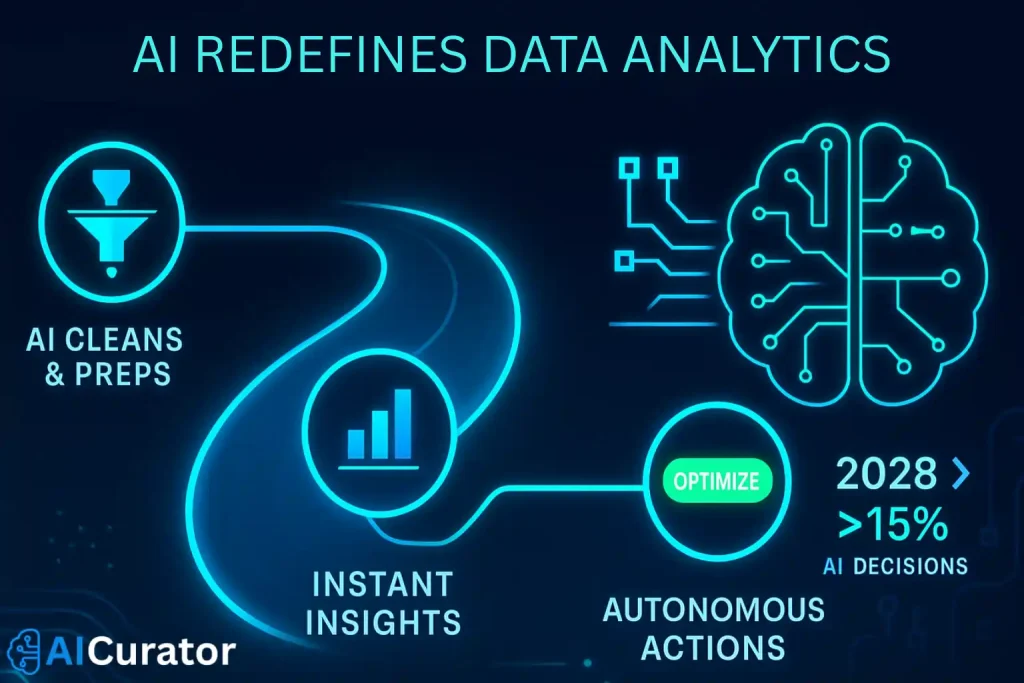
Automated Data Preparation
Traditional data analysts spend 60-80% of their time on data cleaning and preparation. Agentic AI eliminates this bottleneck by:
Real-Time Insight Generation
Modern businesses demand instant answers. Agentic AI delivers by:
Companies using agentic AI in data analytics have reduced insight generation time by 73%, with analysts saving approximately 8.4 hours per week.
Enhanced Decision-Making Capabilities
Agentic AI doesn't just process data—it makes autonomous decisions. Gartner predicts that 15% of day-to-day work decisions will be made by agentic AI by 2028.
This includes:
Will Agentic AI Replace Data Analysts?
The clear answer is no—agentic analytics will not fully replace analysts. However, the role is evolving dramatically.
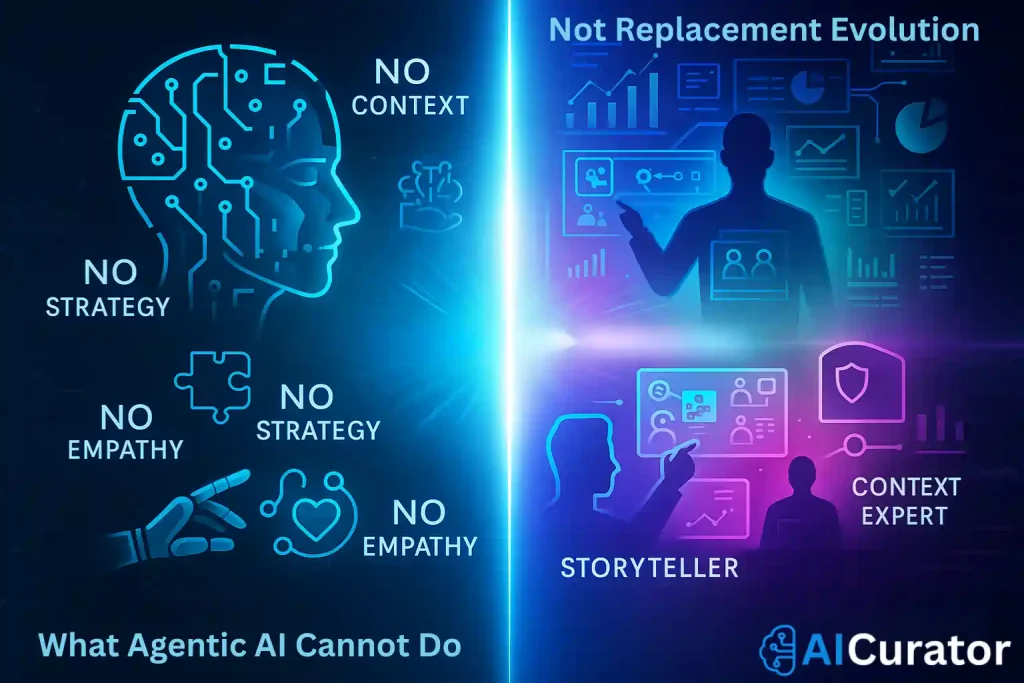
What Agentic AI Cannot Do
Despite impressive capabilities, AI agents have significant limitations:
What This Means for Data Analysts
Rather than replacement, we're witnessing role evolution. Analysts are becoming:
New Roles Emerging for Data Analysts
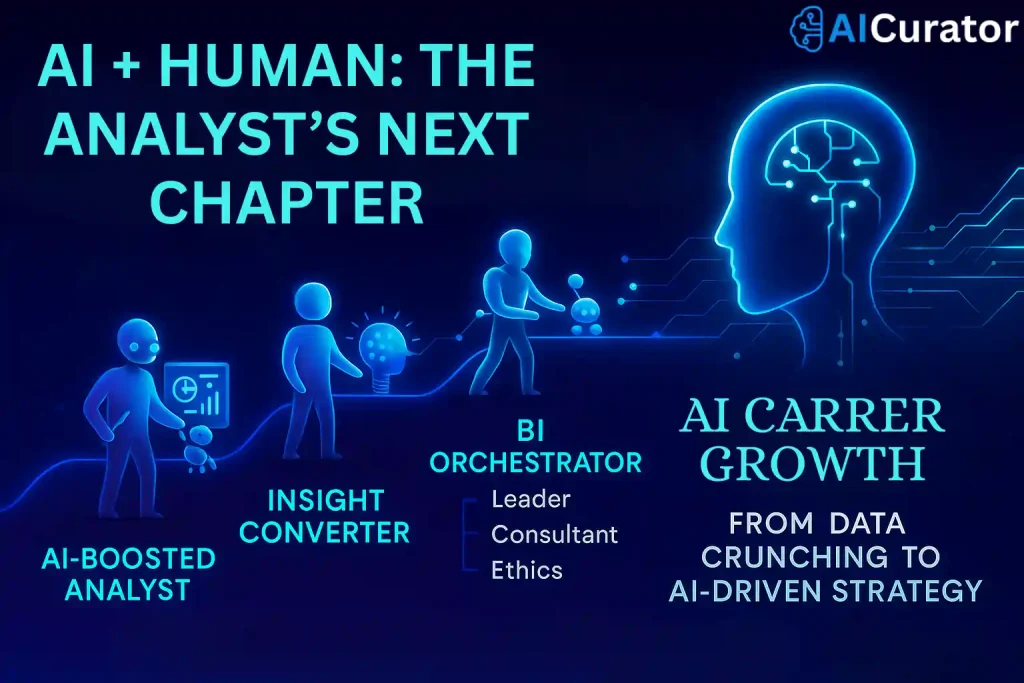
The AI-Enhanced Analyst
Modern data analysts are evolving into hybrid roles that combine human expertise with AI capabilities:
- Data Scientist-Analyst Hybrid: Using agentic AI to handle routine tasks while focusing on complex problem-solving and strategic analysis.
- Business Intelligence Orchestrator: Managing multiple AI agents to create comprehensive business intelligence solutions.
- Insight Translator: Converting AI-generated patterns into actionable business recommendations.
Career Growth Opportunities
The transformation creates new advancement paths:
Essential Skills for the AI-Enhanced Data Analyst
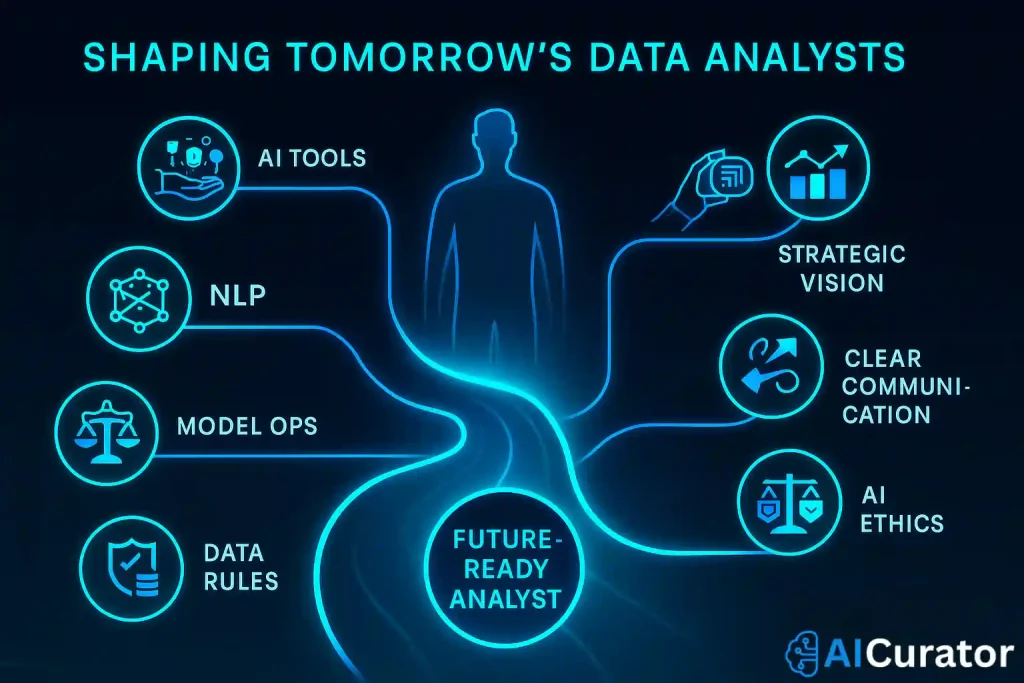
Technical Skills to Develop
- AI Tool Proficiency: Master platforms like CrewAI, AutoGen, and LangChain for workflow automation.
- Natural Language Processing: Understand how AI interprets and responds to human queries.
- AI Model Management: Learn to train, fine-tune, and deploy AI models for specific business needs.
- Data Governance: Implement policies for AI-driven data management and compliance.
Soft Skills That Matter More Than Ever
Industry Examples: Agentic AI in Action
Pharmaceutical Success Story
Bayer uses agentic AI to predict cold and flu epidemics by analysing Google search trends, weather data, and public health reports. Their marketing team then targets potential customers with relevant products, demonstrating AI's strategic business application.
Supply Chain Optimization
DHL's AI-powered logistics system autonomously adjusts delivery schedules based on traffic conditions, weather patterns, and customer demand, ensuring faster, more efficient deliveries without human intervention.
Financial Services Innovation
Major banks employ agentic AI agents for fraud detection that not only identify suspicious transactions but also automatically implement protective measures and generate compliance reports.
Timeline and Predictions for 2025-2030
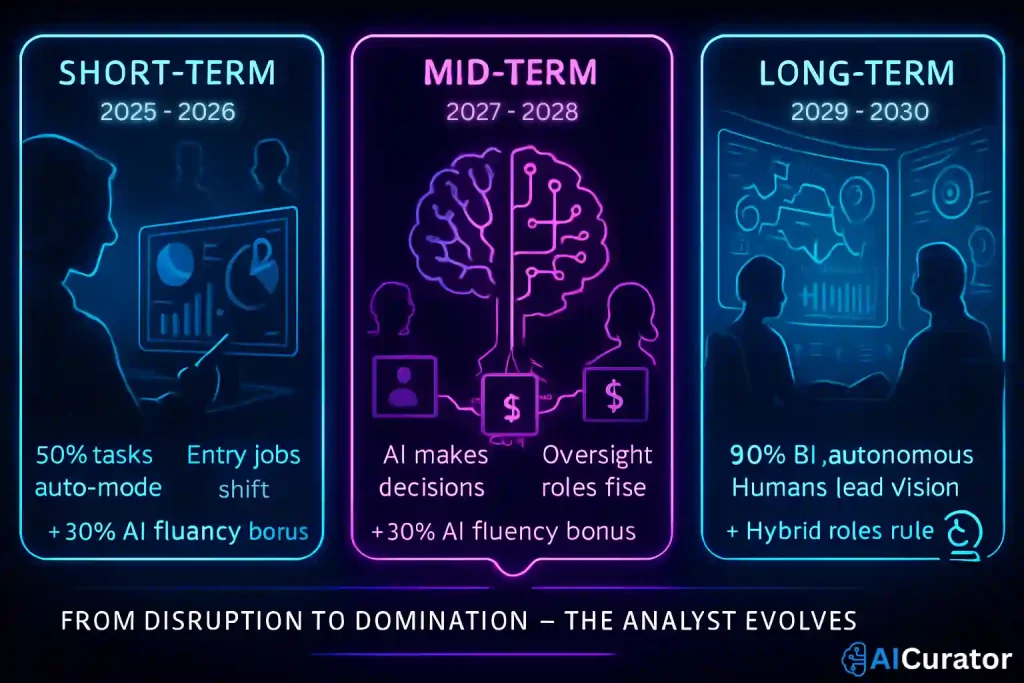
Short-Term Outlook (2026)
Medium-Term Projections (2027-2028)
Long-Term Vision (2029-2030)
Preparing for the Future: Your Action Plan
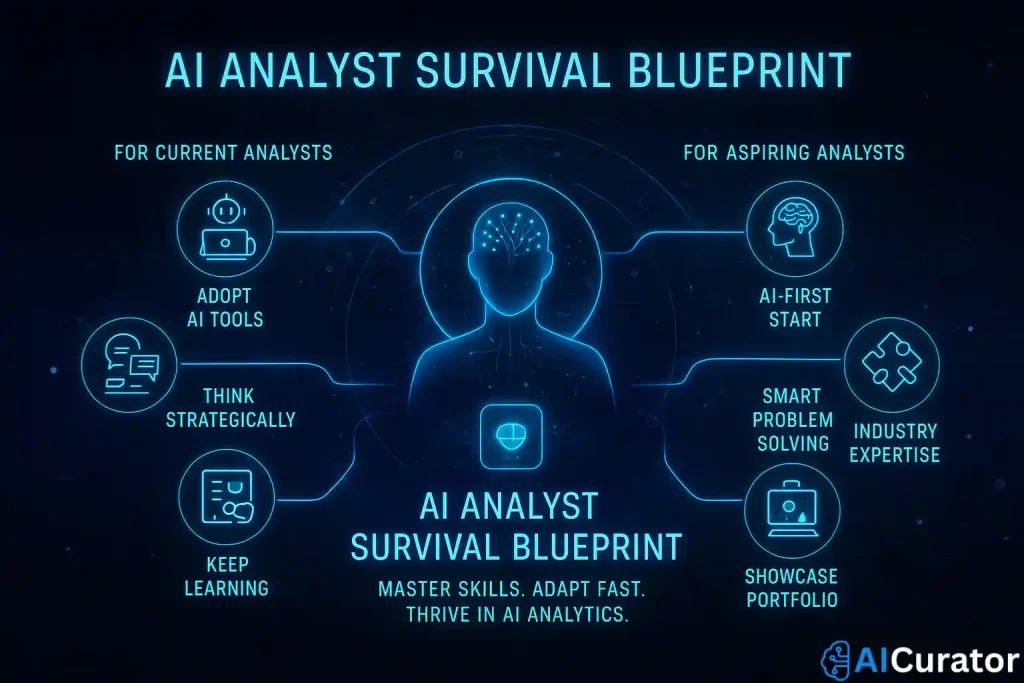
For Current Data Analysts
- Embrace AI Tools Now: Start experimenting with agentic AI platforms in your current role.
- Develop Strategic Skills: Focus on business acumen and strategic thinking rather than just technical capabilities.
- Build Communication Excellence: Practice explaining complex data insights to non-technical stakeholders.
- Stay Current: Follow AI developments and continuously upskill through online courses and certifications.
For Aspiring Data Analysts
- Learn AI-First Approaches: Start your journey with AI-enhanced analytics from day one.
- Focus on Problem-Solving: Develop critical thinking and business problem-solving skills.
- Gain Domain Expertise: Specialise in specific industries to provide context AI cannot.
- Build a Portfolio: Demonstrate your ability to work alongside AI tools effectively.
Evolution, Not Extinction
The data analytics profession isn't disappearing—it's evolving into something more strategic and impactful. Agentic AI handles the routine work, freeing human analysts to focus on what they do best: understanding business context, making strategic connections, and driving organisational success.
Success in this new era requires embracing AI as a powerful ally rather than viewing it as a threat. Those who adapt will find themselves in higher-value roles with greater business impact and better compensation.
The question isn't whether AI will change data analytics—it already has. The real question is: will you evolve with it or be left behind?
Start preparing today. Your future self will thank you.






